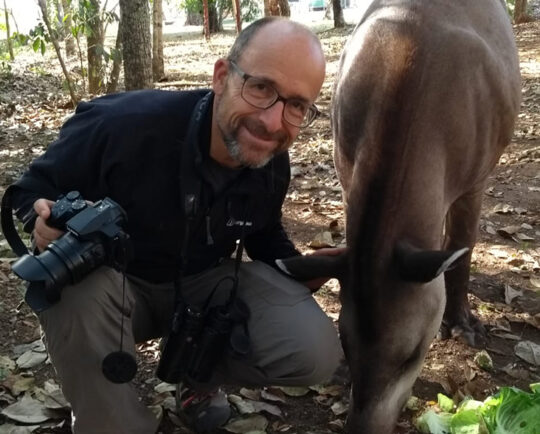
Andrew Balmford
Chair of Conservation Advisory Panel
Andrew Balmford is Professor of Conservation Science in the Department of Zoology, University of Cambridge, where his research focuses on how to reconcile biodiversity conservation with meeting human food needs and other land-demanding activities; the costs and benefits of retaining intact ecosystems; and what works in conservation. He works primarily in the Global South and collaborates closely with conservation practitioners and with colleagues in other disciplines, including economics and psychology.
In his book Wild Hope he argues that cautious, evidence-based optimism is vital in tackling environmental challenges.
Andrew helped establish the Student Conference on Conservation Science, the Cambridge Conservation Initiative, and Earth Optimism.
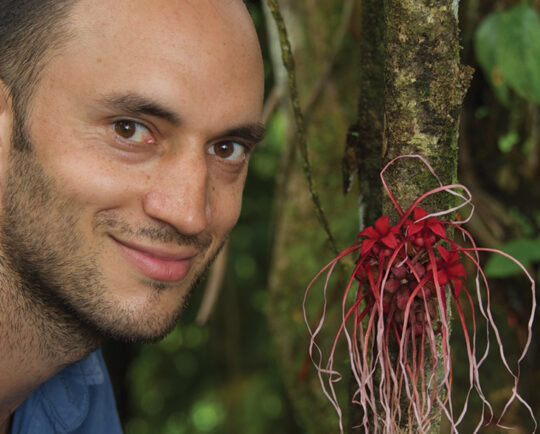
Alexandre Antonelli
Member
Alexandre Antonelli is the Director of Science at the Royal Botanic Gardens, Kew in the UK, where he leads the work of about 500 scientists working in more than 100 countries, and is responsible for the world’s largest collections of plants and fungi. He is also Professor in Biodiversity and Systematics at the University of Gothenburg, a Visiting Professor at the University of Oxford and a Distinguished Scientist at the Chinese Academy of Sciences.
Alex is a Brazilian botanist, studying the diversity, distribution, evolution and conservation of species and developing methods to speed up scientific discovery.
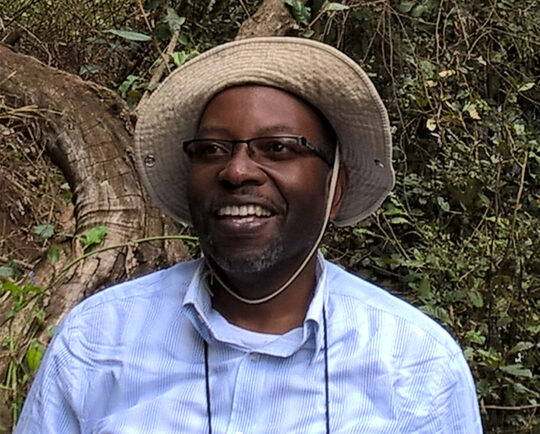
Dr Julius Arinaitwe
Member
Dr Julius Arinaitwe is a Ugandan environmental scientist and ornithologist with a PhD in Environmental science and M.Sc in Zoology from Makerere University. His conservation career started in 1998 as the first Executive Officer of the fledgling Nature Uganda and blossomed at BirdLife International Secretariat.
He served BirdLife in various capacities starting as Regional Project Manager and reaching the position of Global Director in charge of the Partnership, Communities and Capacity Development. He spent eight years as the Regional Director for Africa where he drove growth of the BirdLife Partnership in Africa in terms of policy influence, capacity and resources for conservation action and innovation in engagement with local communities.
Julius is currently setting up a social enterprise to enhance ecosystem restoration in Kabale, Uganda and engaging with Kabale University to advance research and teaching through developing partnerships with universities abroad.
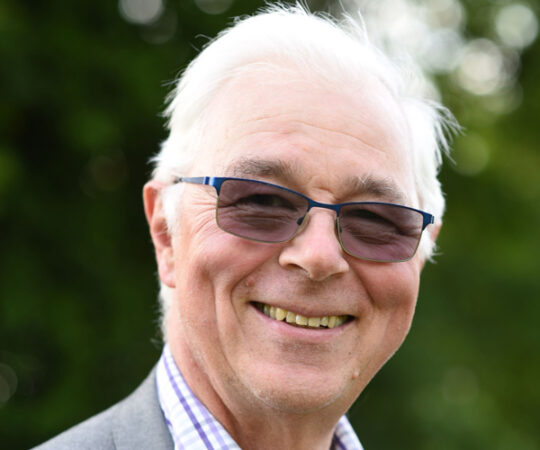
Alistair Gammell
Member
Alistair Gammell’s involvement in the conservation world spans more than four decades. Much of this time was spent working for the RSPB, where he developed RSPB’s international work with a particular focus on international legislation and supporting BirdLife and its Partners in Europe, Africa, Asia and the UK Overseas Territories. He became the RSPB’s first International Director.
Shortly after retiring from RSPB in 2009, Alistair became the UK director of the Pew Environment Group’s Global Ocean Legacy campaign, which resulted in 2010 in the declaration of the Chagos Marine Protected Area (at that time the world’s largest fully protected marine reserve at 640,000 km²); and following that, in 2016, the Pitcairn Island fully protected Marine reserve (830,000 km²). Alistair is now retired.
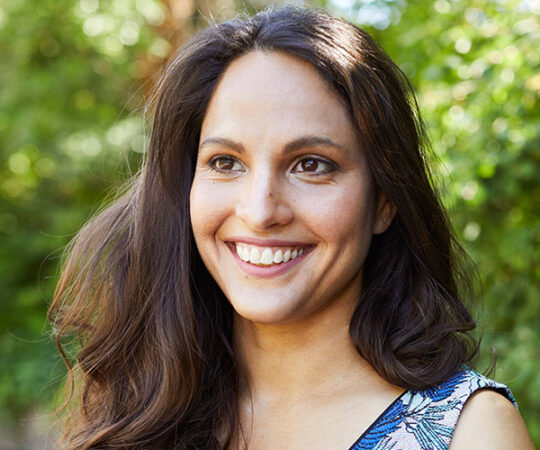
Nisha Owen
Member
Dr. Nisha Owen is the Executive Director of Global Greengrants Fund UK, an organisation that mobilises resources for communities worldwide to protect our shared planet and work towards a more equitable world.
Nisha was Director of Conservation at On the EDGE Conservation, a philanthropic foundation supporting conservation, science and storytelling for EDGE species. She also chairs the IUCN SSC Phylogenetic Diversity Task Force, a global group of experts providing expertise on the conservation of evolutionary history.
Nisha’s career has spanned a diversity of conservation actions across multiple species and habitats around the world, including developing the Zoological Society of London’s EDGE of Existence programme into a ZSL flagship, and innovative online capacity building initiatives with United for Wildlife and National Geographic Society.
Nisha holds a PhD in human-wildlife conflict from the University of Leeds, and also serves as a Trustee of the London Learning Foundation.
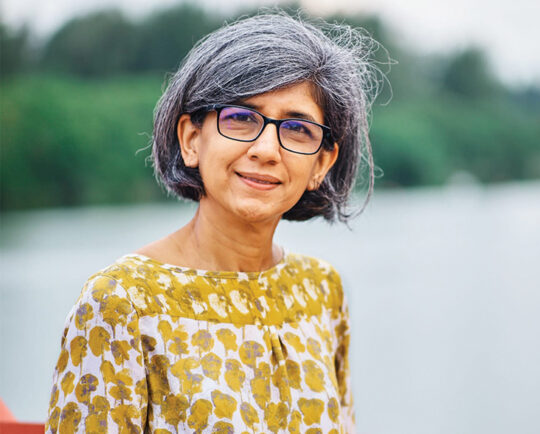
Madhu Rao
Member
Madhu is currently, the elected Chair of the IUCN World Commission on Protected Areas. The 3000 member-strong Commission has a mandate to develop scientific, technical and policy advice and advocate for global and national systems of marine, freshwater and terrestrial protected areas and other effective area-based conservation measures (OECMs) that result in successful outcomes for the conservation of biodiversity. She is also a Senior Advisor, Wildlife Conservation Society and a conservation scientist with over 25 years of experience with conservation implementation across diverse social and political contexts.
With a focus on biodiversity policy, she has worked at the science-policy interface for threatened species conservation and the creation and management of protected areas. She has engaged in capacity development for protected area management with Southeast Asian Government agencies and institutions. As Adjunct Associate Professor at the National University of Singapore (NUS), she co-led the development of a Master’s Programme in Conservation at the NUS and has published on wide-ranging themes from protected area policy and threatened species conservation to human wildlife conflict, conservation prioritization and governance.
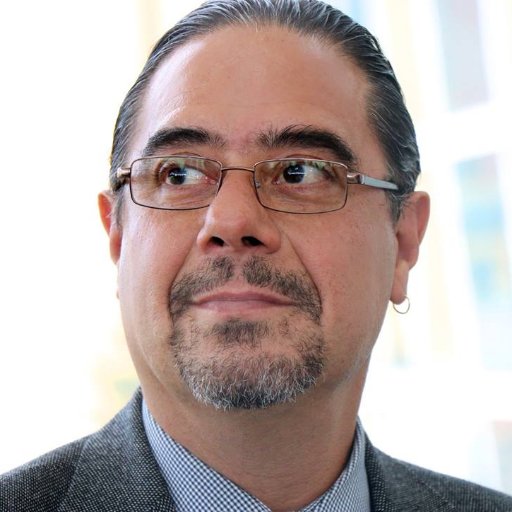
Jon Paul Rodriguez
Member
Jon Paul Rodríguez is Chair of the IUCN Species Survival Commission. He has an undergraduate degree in biology from the Universidad Central de Venezuela, a PhD in ecology and evolutionary biology, and a Certificate on science, technology and environmental policy at the Woodrow Wilson School of Public and International Affairs, both at Princeton University.
Jon Paul joined IUCN in 1991, when he became member of the Captive Breeding Specialist Group (now called Conservation Breeding Specialist Group). In 1996 he started working with national red lists, which eventually led to his appointment as Chair of the National Red List Working Group between 2003 and 2009. He served as SSC Deputy Chair between 2009 and 2016.
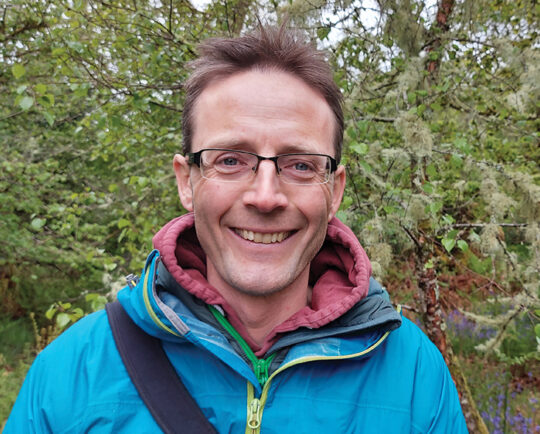
Dominick Spracklen
Member
Dominick Spracklen is Professor of Biosphere-Atmosphere Interactions in the School of Earth and Environment at the University of Leeds. His research explores how ecosystems alter their local climate. He has shown tropical forests cool the climate and sustain regional rainfall patterns. Through quantifying the benefits for local people, he works to build local and regional support for protection and restoration of natural ecosystems. In 2004, Dominick worked with World Land Trust to develop their Carbon Balanced programme and since then has collaborated to help develop forest carbon projects in Ecuador, Paraguay and Vietnam. He manages community-led and evidence-based nature recovery projects in the UK including Wild Ingleborough and Upper Duddon Landscape Recovery. He is scientific advisor for the United Bank of Carbon.